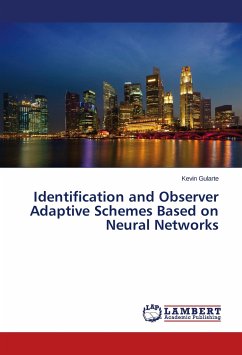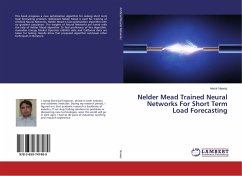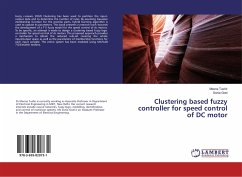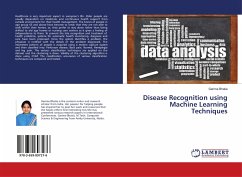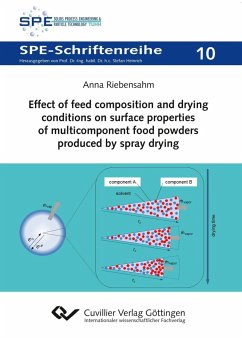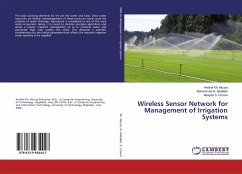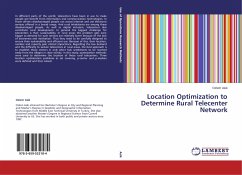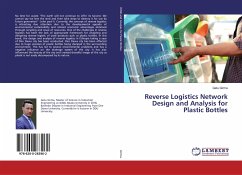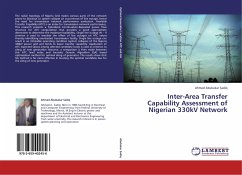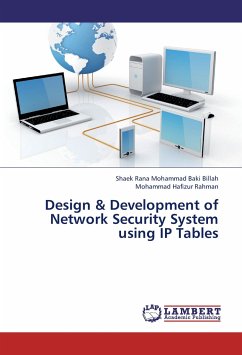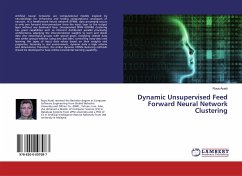
Dynamic Unsupervised Feed Forward Neural Network Clustering
Versandkostenfrei!
Versandfertig in 6-10 Tagen
36,99 €
inkl. MwSt.

PAYBACK Punkte
18 °P sammeln!
Artificial neural networks are computational models inspired by neurobiology for enhancing and testing computational analogues of neurons. In a feedforward neural network (FFNN), data processing occurs in only one forward interconnection from the input layer to the output layer without any backward loop. Unsupervised FFNN (UFFNN) clustering has great capabilities such as inherent distributed parallel processing architectures, adjusting the interconnection weights to learn and divide data into meaningful groups with special goals, classifying related data into similar groups without using any c...
Artificial neural networks are computational models inspired by neurobiology for enhancing and testing computational analogues of neurons. In a feedforward neural network (FFNN), data processing occurs in only one forward interconnection from the input layer to the output layer without any backward loop. Unsupervised FFNN (UFFNN) clustering has great capabilities such as inherent distributed parallel processing architectures, adjusting the interconnection weights to learn and divide data into meaningful groups with special goals, classifying related data into similar groups without using any class label, controlling noisy data and learning the types of input data values based on their weights and properties. Generally in real environments, dynamic data is high volume and dimensional, therefore, the online dynamic UFFNN clustering methods should be developed to have online incremental learning capability.



